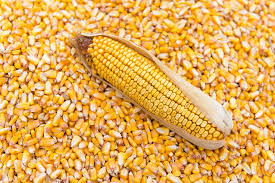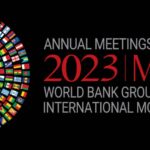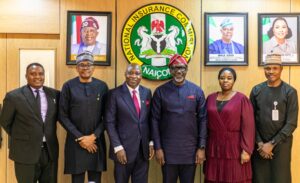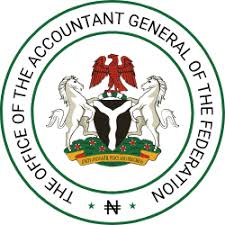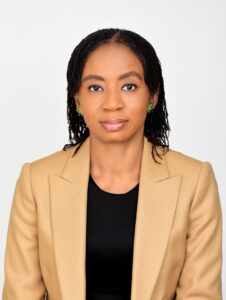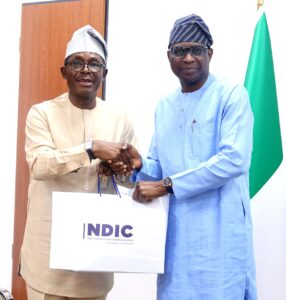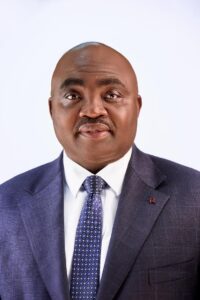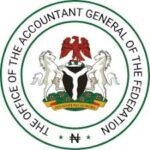Nigeria and other developing countries have ramped up their demand for debt relief for developing countries, specifically those who are members of the G-24.
The Intergovernmental Group of Twenty-Four on International Monetary Affairs and Development (G-24) to which Nigeria is a member issued a set of demands at the ongoing World Bank and International Monetary Fund IMF annua meetings in Marrakech, Morocco.
The G-24 members expressed concern over the high and increasing levels of public debt that many developing countries are facing. These countries the G-24 members said are burdened with unsustainable debt. This means that they are finding it difficult to repay the borrowed funds.
Members of the G-24 while acknowledging the G-20 Common Framework, which is a debt relief initiative by the Group of Twenty (G-20) countries however, noted that some of the poorest and most vulnerable countries are not benefiting from this debt relief programme.
They therefore called for a lasting debt resolution specifically designed to address the debt problems of those excluded countries at the same time demanding for a more comprehensive and sustainable solution to alleviate the burden of debt for these countries and enable their economic growth and development.
Nigeria’s Minister of Finance and Coordinating Minister for the Economy Mr Wale Edun at the Africa Group 1 Constituency Meeting on the sidelines of the IMF/World Bank meeting stated that “our member statement urges an efficient debt resolution framework to support post pandemic recovery and we indeed welcome Zambia’s debt restructuring agreement and call for swift resolution mechanisms for Ethiopia and Malawi”.
The G-24 members also called for more concessional lending, especially for investments in global public goods and sustainable development such as affordable water and energy.
Wale Edun also called for the “elimination of export restrictions on fertilizer and grains, avoiding protectionist policies and leveraging the normalization of supply chains and shipping costs to reinvigorate global trade”.
At the G-24 meeting, Edun and other finance ministers expressed their concern with the progress on IMF general quota review. IMF general quota refers to the monetary contribution made by each member country to the International Monetary Fund (IMF).
This quota determines the country’s relative financial and voting power in the institution. The quota is assessed based on each member country’s share of the world economy, including its GDP, openness to trade, and international reserves.
The IMF uses the general quota to fund its lending activities and to provide financial stability to member countries facing economic difficulties. It also plays a vital role in decision-making processes regarding policies and strategies for the organization.
Wale Edun and his fellow finance ministers reiterated their call for the IMF “to remain a quota-based institution in order to bolster the voice and representation of emerging market and developing economies, who now account for a larger share of world GDP”.
Good production costs money and you can support what we do. Please find our details below👇🏾👇🏾👇🏾 Account name: MARKET ONLINE MEDIA Bank: UBA Acc No: 1026401930.








